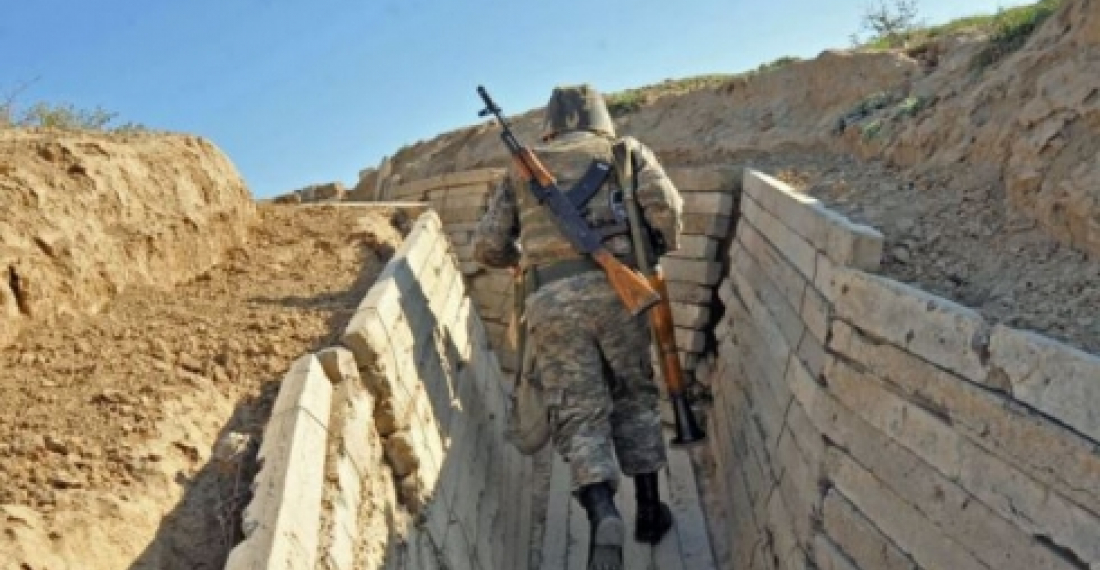The first month of 2014 is not yet over, but we can already say that this has been a bad month on the Karabakh front line - the line of contact separating thousands of Armenian and Azerbaijani forces who have been sitting in trenches facing each other for the last twenty years waiting for the politicians to resolve the conflict.
That this is far from being a frozen conflict is for everybody to see. Daily there are reports of cease fire violations, and these are now not sporadic incidents, or simply young conscripts letting off steam. The use of snipers by both sides has now started to take a serious toll on life. Both sides now also regularly accuse each other of incursions.
On Tuesday, the Armenian side reported that one of its soldiers had been killed. Karen Galstyan was just nineteen years old. Both sides had already reported other casualties earlier this month.
In the meantime the Azerbaijani side has said that it has captured an Armenian man who it says was acting as a scout for a commando group that was trying to penetrate through its lines. The Armenian side said that the man was a seventy-five year old local villager who had lost his way. The International Committee of the Red Cross is trying to get access to the man but as always in these circumstances establishing the true facts will remain difficult.
This situation is providing the back drop for the discussions that continue between the two sides. The meeting of the two foreign ministers held in Paris last week shows that at least the lines of communication remain open. Yet for the people who are loosing their life any solution will come too late. Many are asking, how many more people have to die before this conflict is resolved?
source: commonspace.eu
photo: A trench on the Karabakh front line (archive picture).







